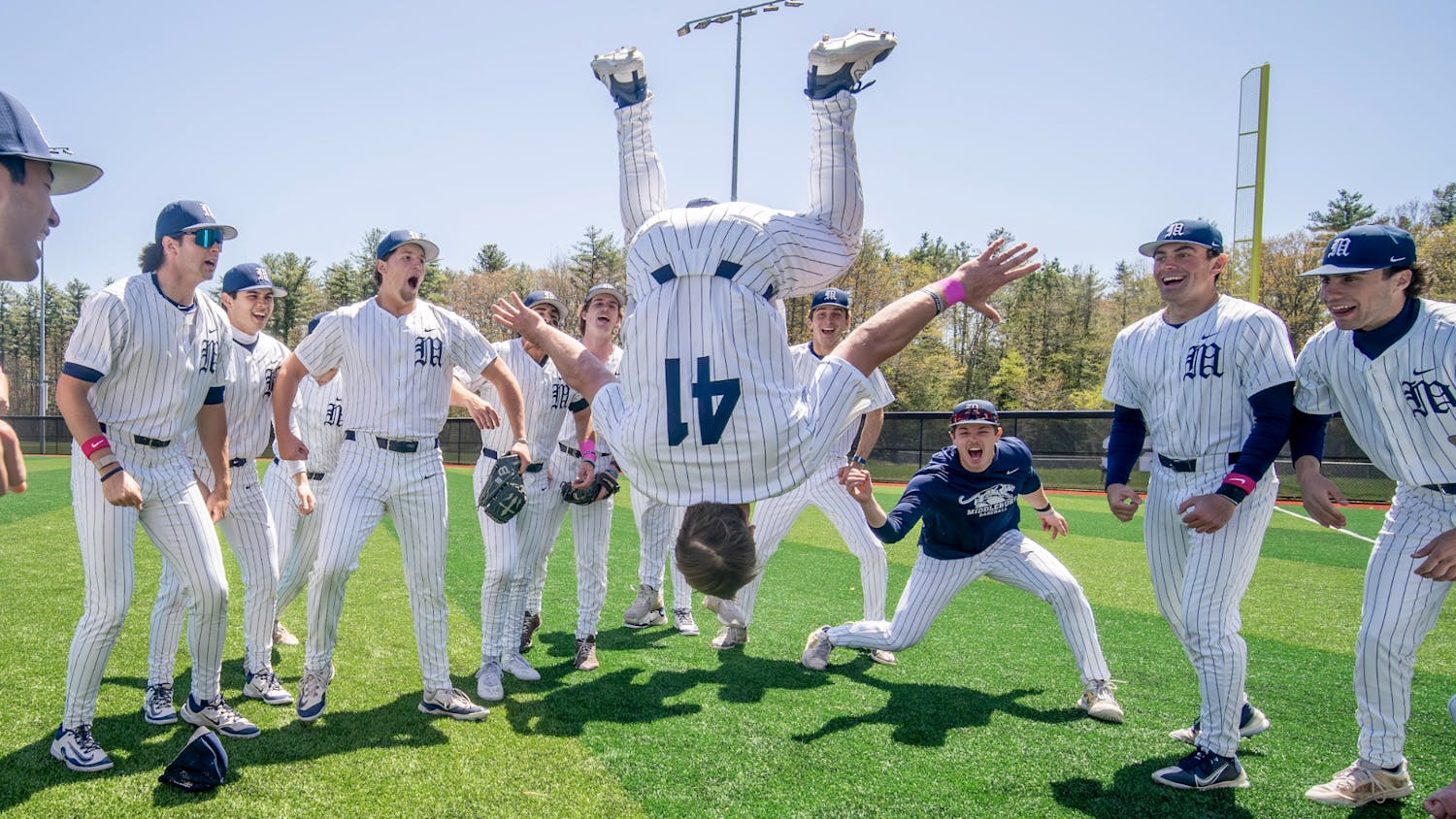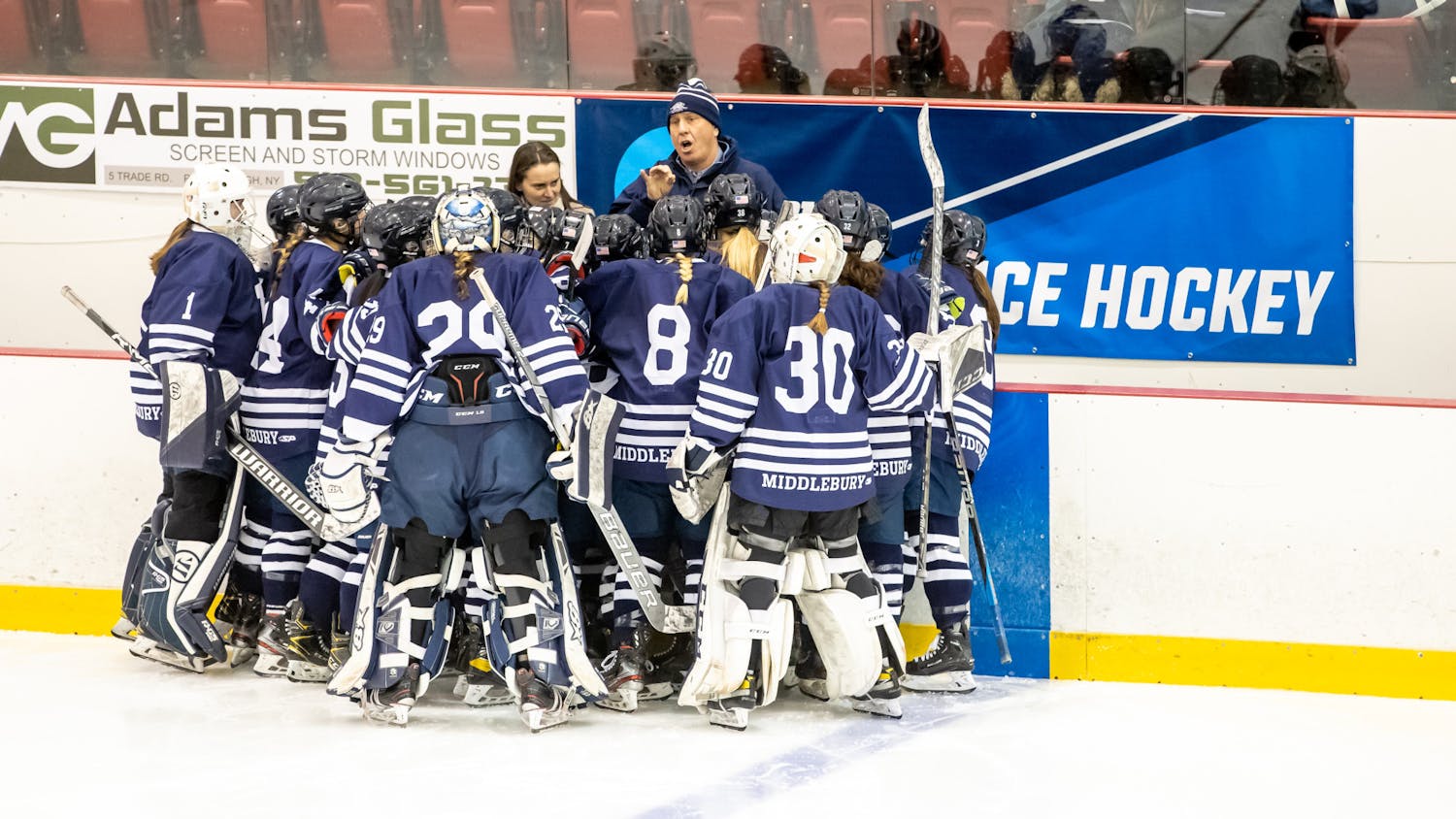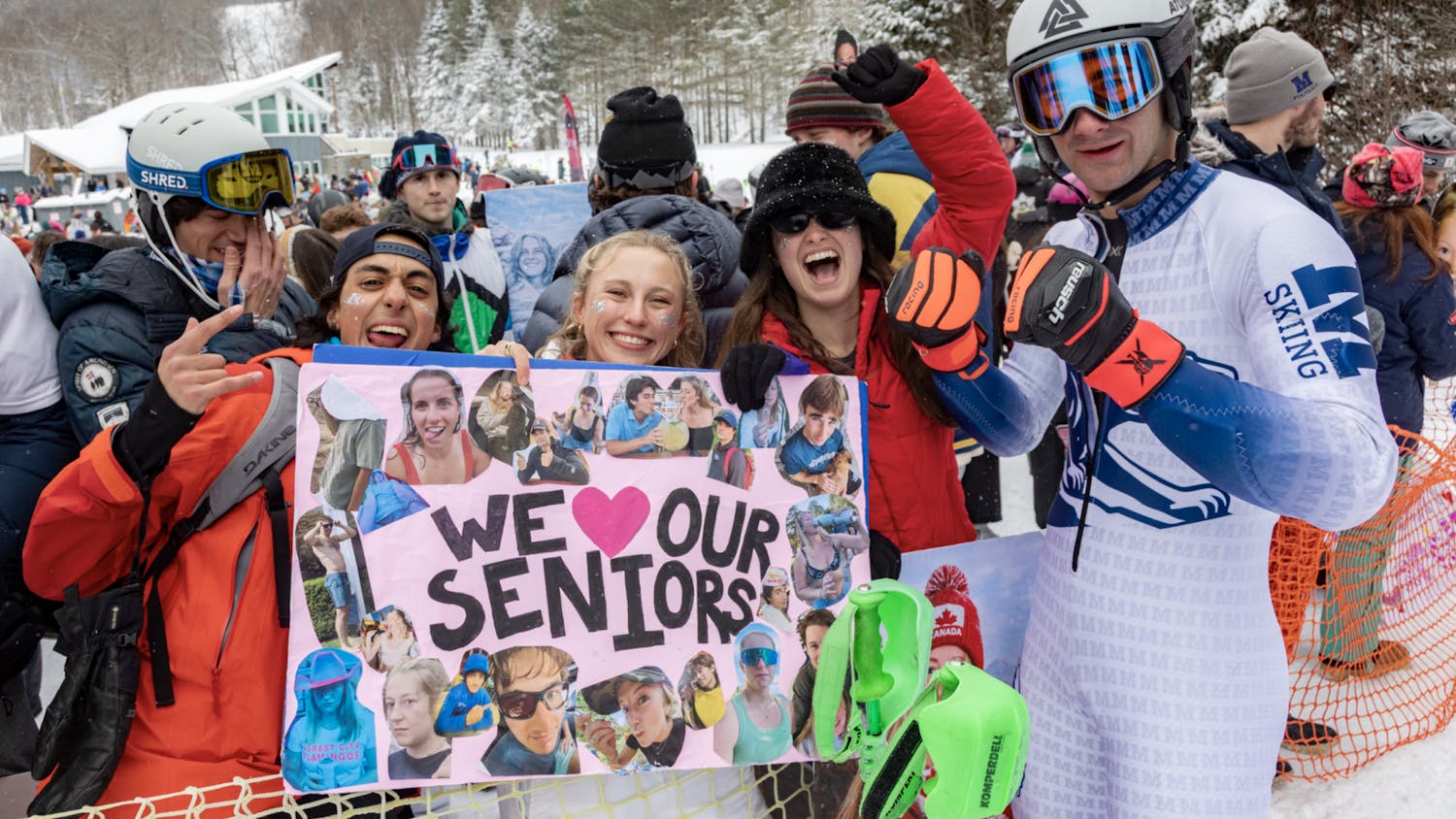Author: David Lindholm Assistant Sports Editor
We didn't find out anything we didn't already know about athletes getting help in the admissions office when the New England Small College Athletic Conference (NESCAC) Report story broke two weeks ago. While the numbers were surprisingly high (recruited big-sport athletes get into NESCAC schools around 67 percent of the time) one could have guessed that this would be the case. The facts that these recruited athletes are generally not as qualified academically as the rest of the admissions pool and that the athletes do not perform as well in terms of grades would also be expected. Recruited athletes are recruited because they are superior at their sport, and this is a result of some natural ability and a lot of hard work.
So after reading News Editor Claire Bourne's article on the report two weeks ago, I knew that the information presented would cause a lot of discussion and controversy. I also knew that the discussion would boil down to one decision that everyone would have to make; is this a good thing or a bad thing? These athletes are taken over other, perhaps more academically qualified candidates, but the value of sports both in the athletes' lives and in the lives of other students has to be considered.
I think that recruited athletes add things to the school both in ways that exceed just their performances on the field (or ice, or court) and affect many school members. For the many members of the rest of the community, watching sporting events is exciting; it is a time of the week to look forward to. The crowds at football and hockey games attest to that.
Also, sports have some intrinsic value to the players. All through my life I have been an athlete, and it has taught me lessons such as discipline, tenacity, dedication, patience; the list goes on and on.
So back to the topic of recruits. The admissions office has a ridiculously hard job, building the best class possible while maintaining various special interest groups. It is tough to maintain an entire football team in addition to all the other sports. Despite their help in entering college they become a regular student who must complete his/her work as everyone else does. Athletes may make up the biggest special group, but we can't forget about artists of all types, leaders; people who are especially good at some facet of school life. Then admissions also has to think about legacies, faculty children, and other connections. Athletes are in no way by themselves in receiving admissions help, but they are by far the easiest to count and scrutinize.
The views of the Assistant Sports Editor are not necessarily the views of the editorial board of The Middlebury Campus
The Inside Story
Comments



